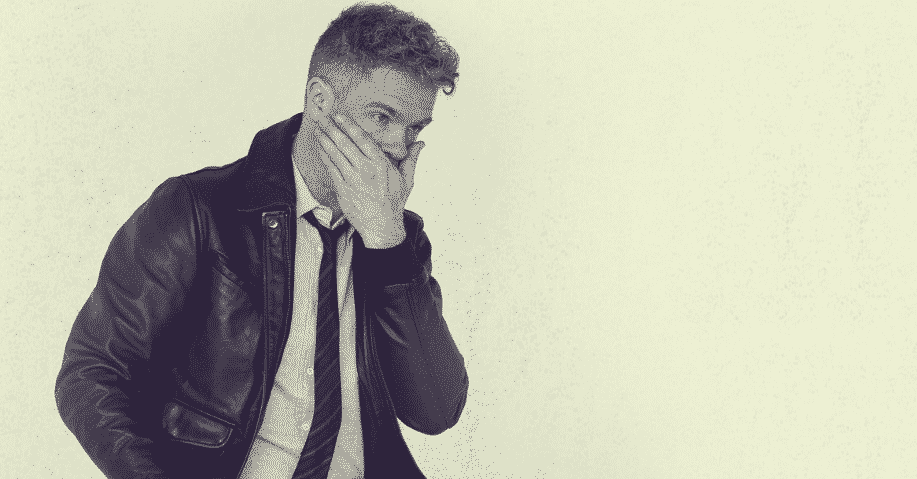It’s true. Ritter’s history nut tendencies; right now, he’s in the process of reading every presidential biography from Clinton backward, an endeavor that adds lifetimes of staying power to the songs. For example, he draws from Mark Twain in “Best for the Best,” but again creates his own enduring character from that material. “Once I knew a girl in the hard, hard times/She made me a shirt out of fives and dimes/Now she’s gone, but when I wear it she crosses my mind/If the best is for the best/then the best is unkind.”
Videos by American Songwriter
Nestled in the shadows of those lines are three influences that Ritter is often compared to as a lyricist – Johnny Cash, Bob Dylan and Townes Van Zandt. He speaks about all of them with the utmost respect, even name-checks Van Zandt in the Golden Age of Radio single “Me and Jiggs,” but Ritter doesn’t understand the parallels critics constantly draw.
Good point. Ritter doesn’t write like Cash or Dylan or Van Zandt. Nobody can. But as songwriters, they all have one rare trait in common: each is a unique blueprint neither derivative of another nor capable of being copied. As such, Ritter is bound to earn a legacy as sustaining as those legends. In fact, in a decade or two, it wouldn’t be surprising to see music writers hail a promising young songwriter as “The Next Josh Ritter.”
Ritter, however, is a modest soul who doesn’t think in such self-congratulatory terms. He’d rather acknowledge others for his accomplishments. When he speaks of The Animal Years, most of the credit goes to Deck. Ritter believes the producer ultimately made the record glow.
“I picked Brian because he felt like someone who could help me get to a spot that I wanted to get to,” Ritter says. “I wanted this record to be something other than cigars and hubcap Americana music. I feel like that’s a dead-end for me at this point. He was the only person who seemed to understand that. I play him something, and we talk about ways we could either tone it down or weird it up.
“What Brian does best – besides that he’s just a genius and a wonder in the studio – is that he’s a facilitator and he gets the best things out of all the musicians in the studio. I always feel like he’s working as hard as I am.”
Dedication is especially crucial right now. This week’s agenda is challenging, paring down The Animal Years from fifteen tracks to a more manageable eleven. If songs are a writer’s children, then orphaning four is a laborious, painstaking task. Ritter accepts it as just another part of the process. “I think it makes for a stronger record if you’re willing to save some. If a song doesn’t add to an album, it just takes away from it. Each song should be a chapter that builds on the one before it.”
That committed approach is a good measure of Ritter’s artistic sense of purpose. He’s a creative artist in the noblest sense, a man dedicated to his art but not the drama that so many rely on for illumination. He’s inspired, but not tortured. It’s heartening that in an artistic domain plagued by creative blue streaks that flame out too early – from Hendrix and Morrison to Cobain and Staley – Ritter seems to be in it for the long haul.
Not taking himself too seriously certainly helps. As he leaves Reckless Records, Ritter could be forgiven for a peak into the used bin, a masochistic check to see how many listeners have discarded his life’s work for cigarette money. He’s not that self-flagellating. “I just don’t find the need to do that to myself,” he says, laughing. He pays for a copy of Ear-Bleeding Country: The Best of Dinosaur Jr. and heads back to work.











Leave a Reply
Only members can comment. Become a member. Already a member? Log in.